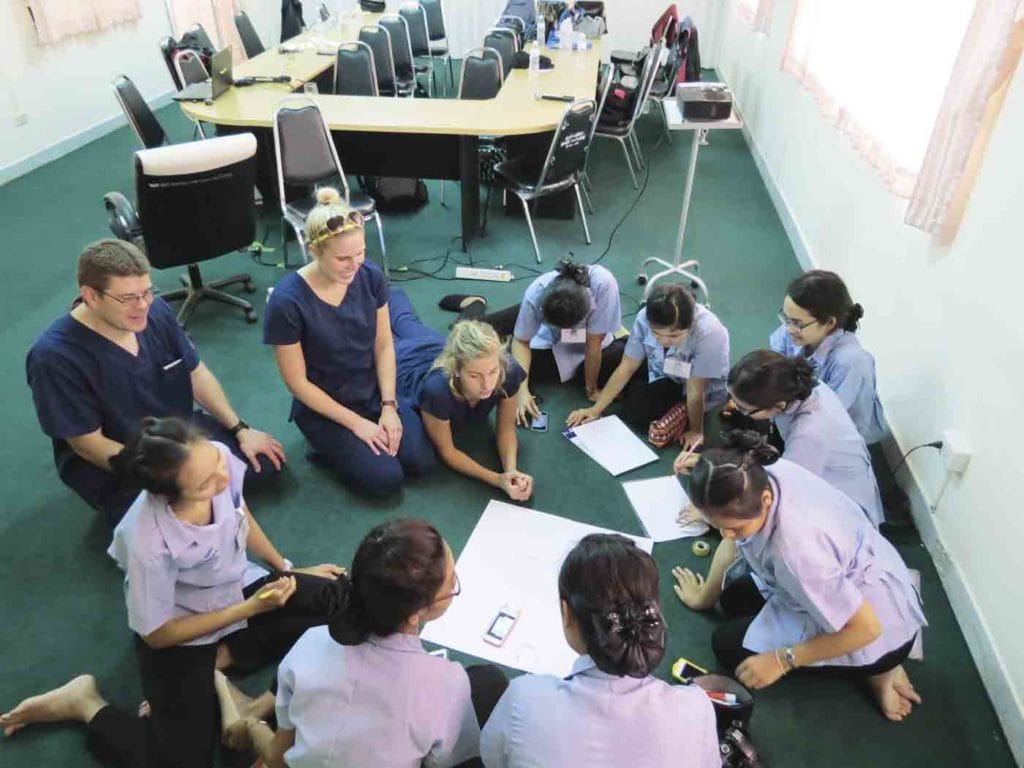Tag: chronic disease
How does sleep affect immune-related disease risk?

Sergio Garbarino, adjunct professor in the Department of Neuroscience, Ophthalmology, Genetics, Maternal and Child Health, at the University of Genoa, Italy, is an internationally recognised sleep expert. In his recent work, he explores the interrelationships between sleep deprivation, immunity, inflammation, and chronic diseases. It is well established that sleep is essential for health. However, modern lifestyles are not conducive to […]
Read More… from How does sleep affect immune-related disease risk?
Lifestyle medicine and adverse childhood experiences

Adverse childhood experiences, which can be identified in up to 20% of the population, can underpin a wide range of diseases in later life. Professor Garry Egger, from Southern Cross University, Australia, suggests that this may occur via underlying systemic inflammatory processes. Understanding more about this association, and the role that lifestyle medicine may play in preventing and managing chronic […]
Read More… from Lifestyle medicine and adverse childhood experiences
Quality benchmarks identified for laboratory medicine mobile apps

Dr Snežana Jovičić and her colleagues from the EFLM “Patient Focused Laboratory Medicine” Working Group (PFLM-WG) have identified several benchmarks for quality evaluation of patient-oriented laboratory medicines apps. These include referencing information to ensure trustworthiness, appropriate graphics for knowledge supplementation, and simple explanations of laboratory test results. This ensures the empowerment of patients in understanding their own medical condition. These […]
Read More… from Quality benchmarks identified for laboratory medicine mobile apps
Novel mouse models shed light on role of omega-6/omega-3 imbalance in chronic disease

The link between two classes of essential fatty acids – omega-3 and omega-6 – and health has, until now, been unclear. This is partly because it has been difficult for researchers to define exactly what each does in the body. To address this problem, Dr Jing X. Kang of Massachusetts General Hospital and Harvard Medical School, USA, developed novel strains […]
Expanding capacity of non-communicable disease research and training in Thailand

Dr Kathleen Potempa is Professor at the School of Nursing in the University of Michigan, where she served as Dean from 2006 to 2016. A globally renowned leader in nursing, education and science, she has a long academic career focusing on cardiovascular fitness in physically impaired populations, nursing, leadership, and community-based approaches to improving health. She is currently collaborating with […]
Read More… from Expanding capacity of non-communicable disease research and training in Thailand